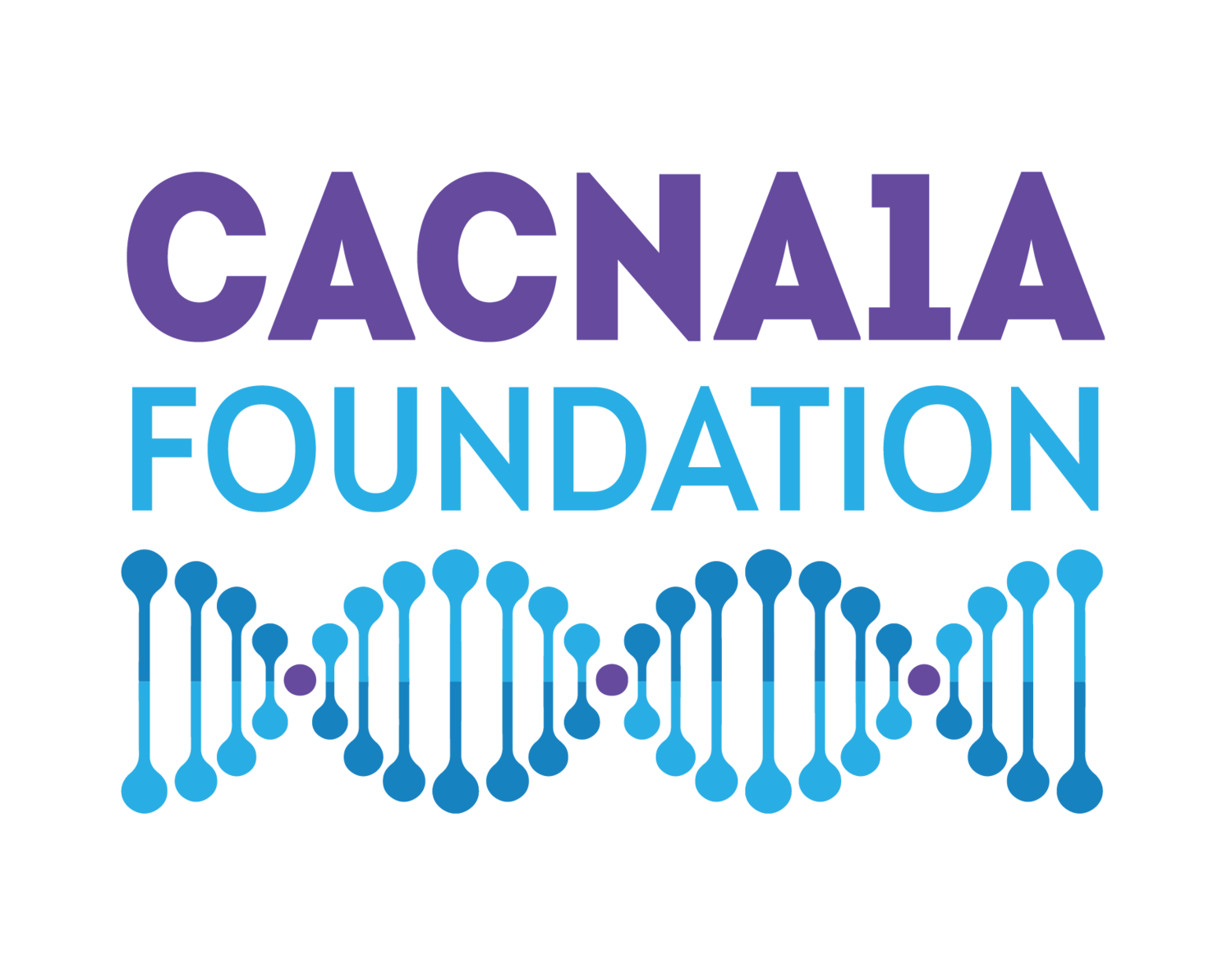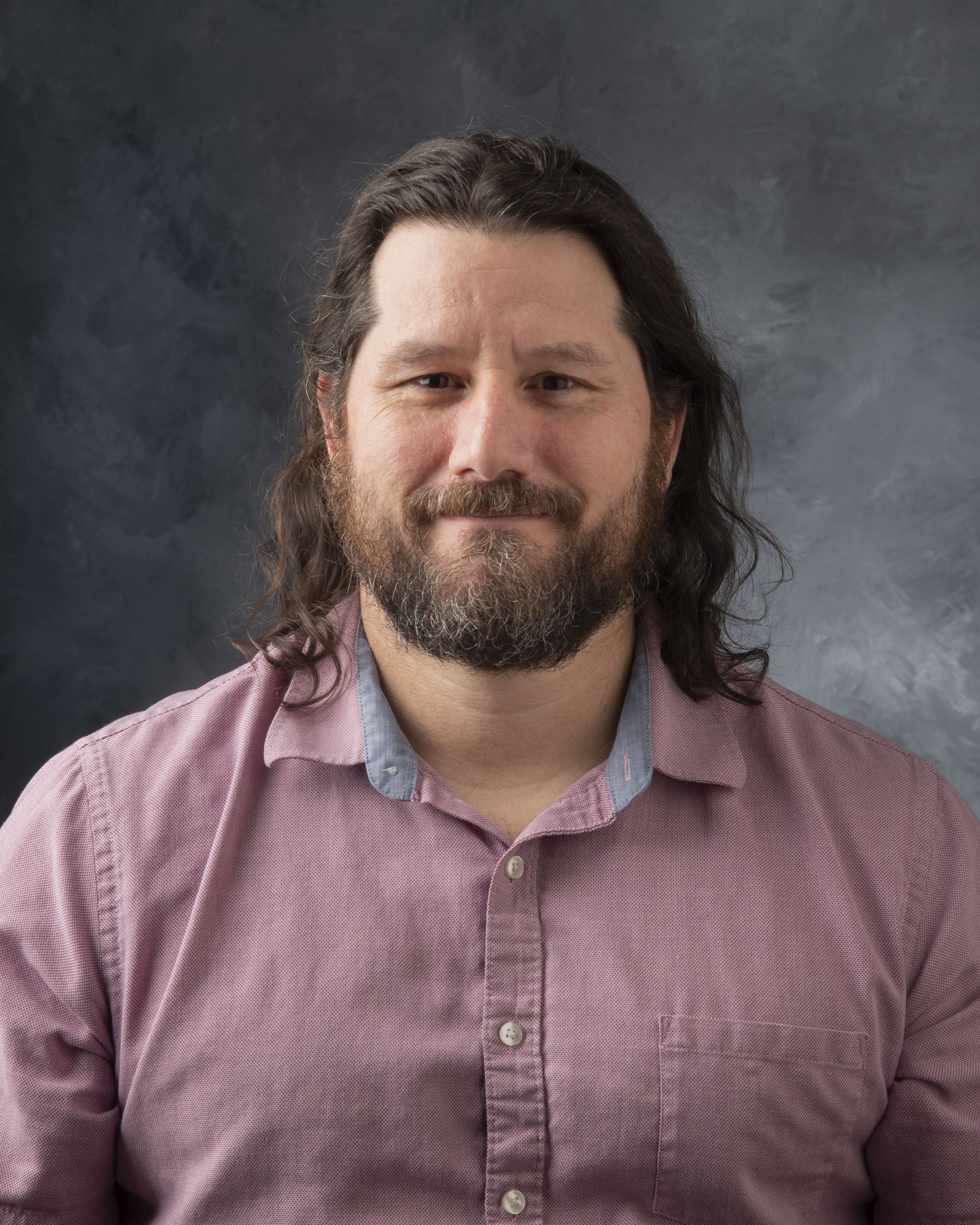Development of novel gene therapy strategies to treat CACNA1A disorders
$73,731 Grant | Awarded January 2024 by the Orphan Disease Center (ODC) and Penn Medicine as part of the Million Dollar Bike Ride for Rare Disease Research in collaboration with the CACNA1A Foundation ($30,000 match from the ODC)
Samuel M. Young Jr., Ph.D. | Director, Gene Therapy Center, Roper Investigator, Professor of Pediatrics, Professor of Pharmacology, University of North Carolina-Chapel Hill
Abstract: Currently, no clinically approved therapeutic strategy that treats the root cause of CACNA1A disorders exists. Due to the recent clinical successes of viral vector-mediated gene therapy, it is an attractive strategy to treat CACNA1A disorders. However, the CACNA1A cDNA sequence is 7.5 kilobases and 8.4 kilobases complete cDNA, which is too large to be used with Adeno-associated Virus (AAV), since AAV has a ~5 kb packaging capacity. Although AAV is the most widely used gene therapy viral vector in the clinical setting, it is severely limited to treat CACNA1A disorders. Therefore, non-toxic viral vectors with large carrying capacities that are capable of long-term stable transgene expression in Purkinje cells and potentially other cerebellar cell types are needed. The development of a viral vector gene therapy approach to treat all forms of CACNA1A disorders is critical to mitigate the devastating impact on the quality of CACNA1A patient lives. This proposal represents the first steps toward establishing the feasibility of a novel gene therapy approach for CACNA1A cerebellar disorders. While our research is an early discovery stage project, the ability to generate a viable gene therapy approach will lead to a breakthrough in treating the root cause of all CACNA1A disorders.
Dr. Samuel M. Young, Jr. is a Professor and Vice Chair of Research in the Department of Anatomy and Cell Biology. He is a Professor and the Director of Molecular Auditory Research in the Department of Otolaryngology. Previously he was an independent Max Planck Research Group Leader of Molecular Mechanisms of Synaptic Function at the Max Planck Florida Institute for Neuroscience (MPFI) from 2010-2017.
Dr. Young conducted his postdoctoral work at the University of North Carolina-Chapel Hill (2000) in the Gene Therapy Center; at the Howard Hughes Medical Institute and the Salk Institute in La Jolla, California (2000-2004) in the Molecular Neurobiology Laboratories; and at the Max Planck Institute for Biophysical Chemistry in the Department of Membrane Biophysics (2004-2009) in Goettingen, Germany and was briefly an internal research group leader in the Department of Membrane Biophysics (2009-2010).
He carried out his doctoral work at University of North Carolina-Chapel Hill (1996-2000) in the Gene Therapy Center while enrolled in the Curriculum in Genetics and Molecular Biology program. Dr. Young completed his undergraduate at Princeton University, graduating in 1996 with an A.B in Molecular Biology. He has been a recipient of the Alexander von Humboldt fellowship and is currently a member of the Society for Neuroscience, the Association for Research in Otolaryngology (ARO), American Society of Gene & Cell Therapy, American Association for the Advancement of Science and the Biophysical Society.

